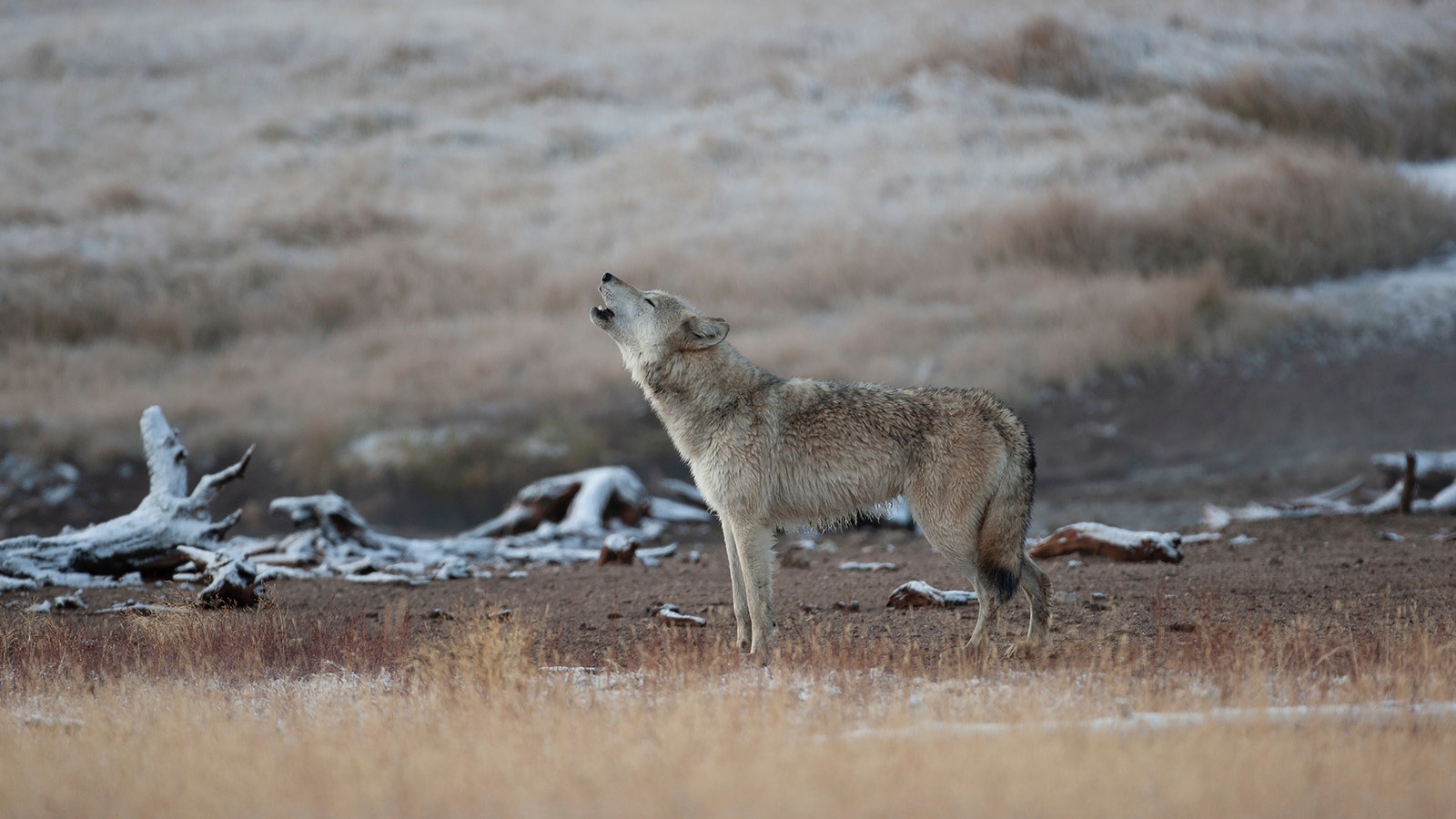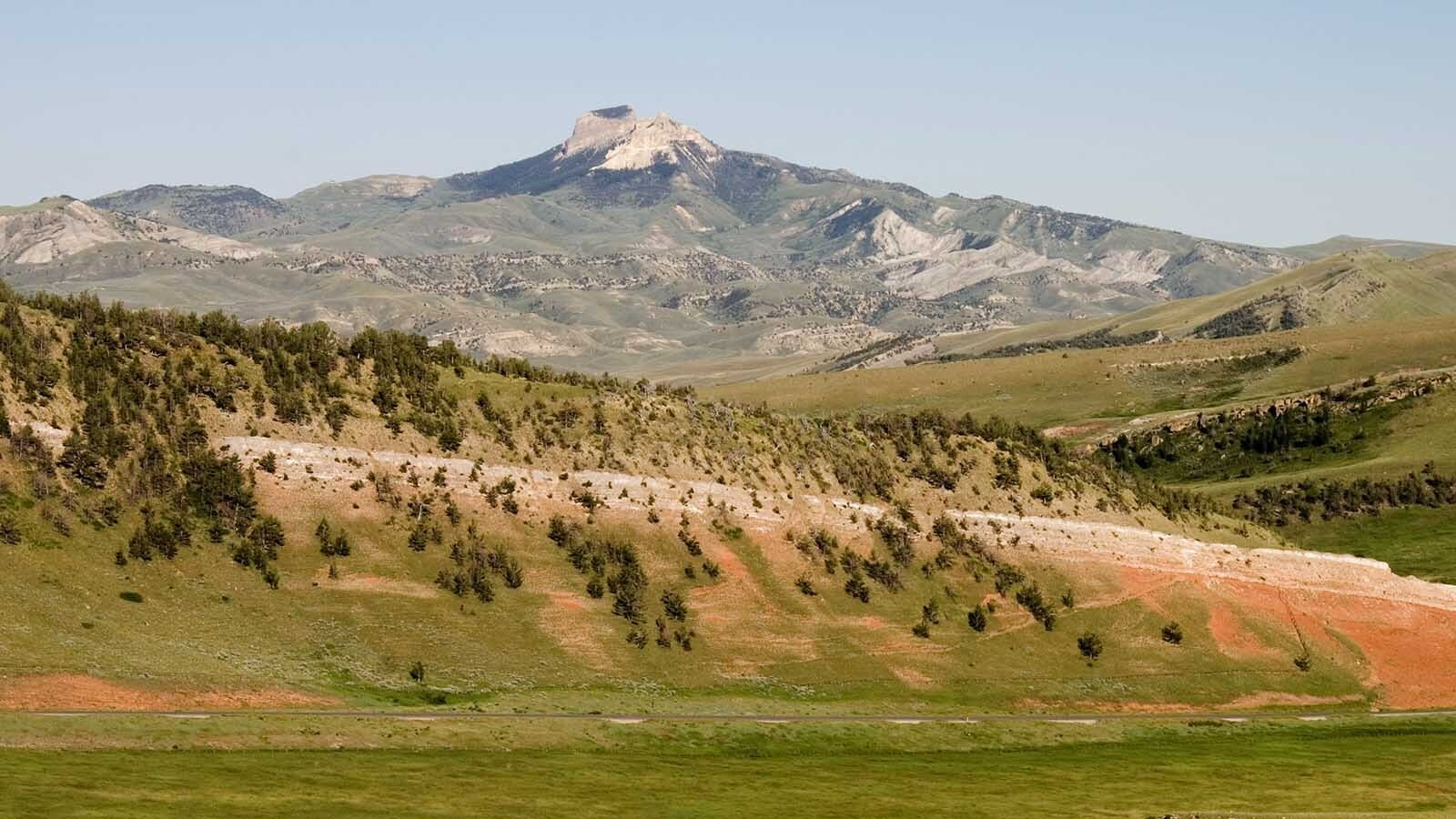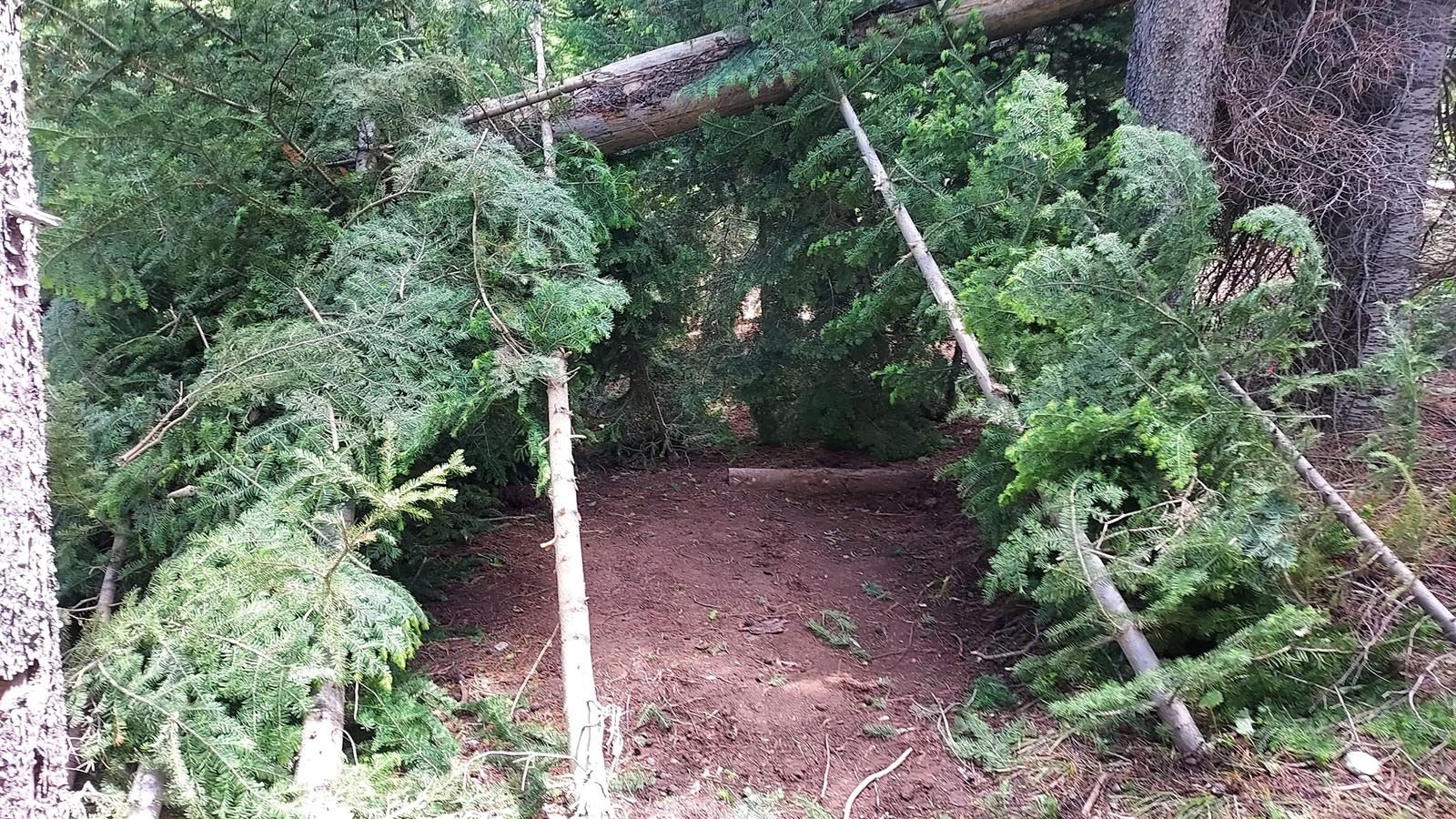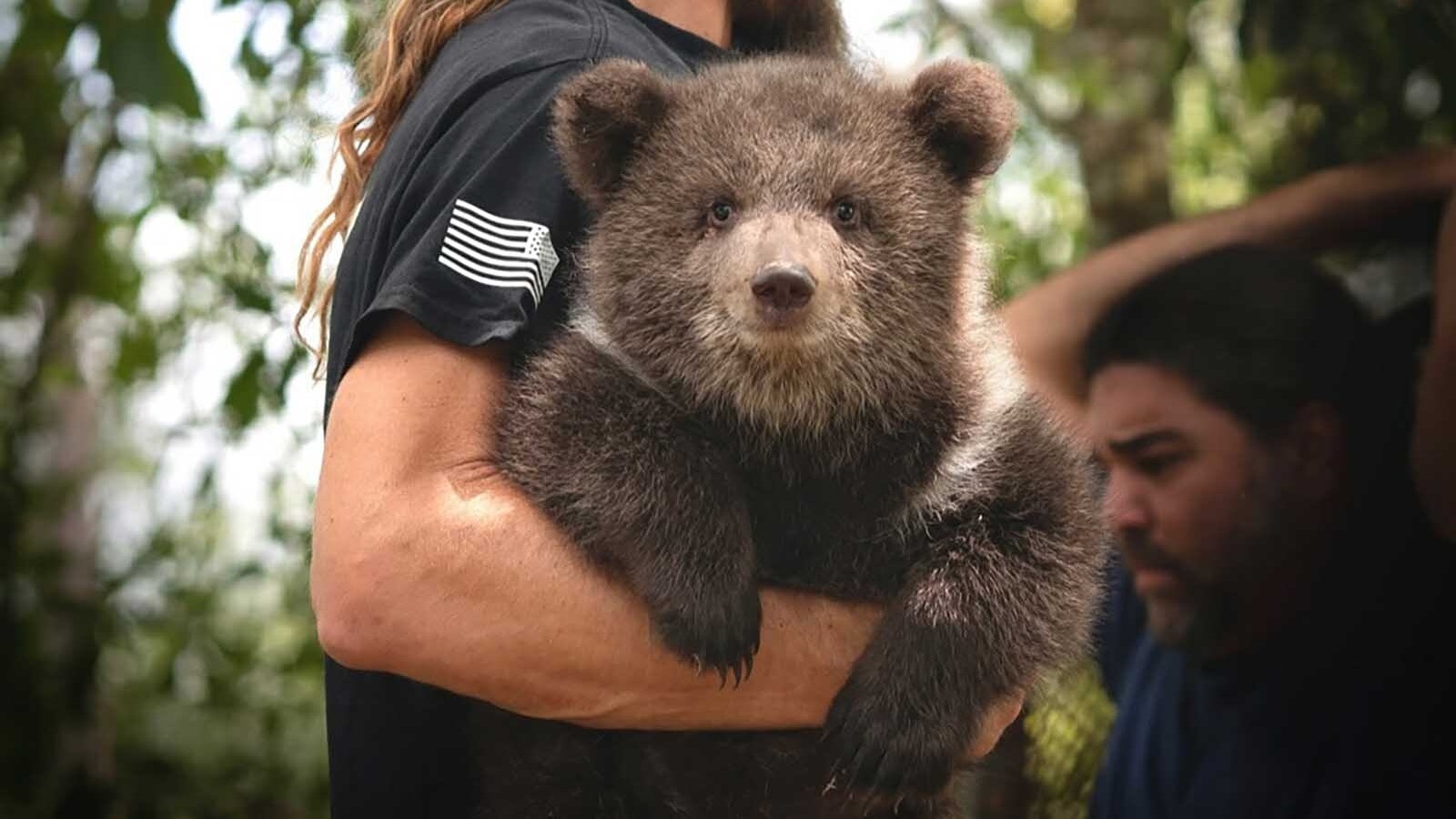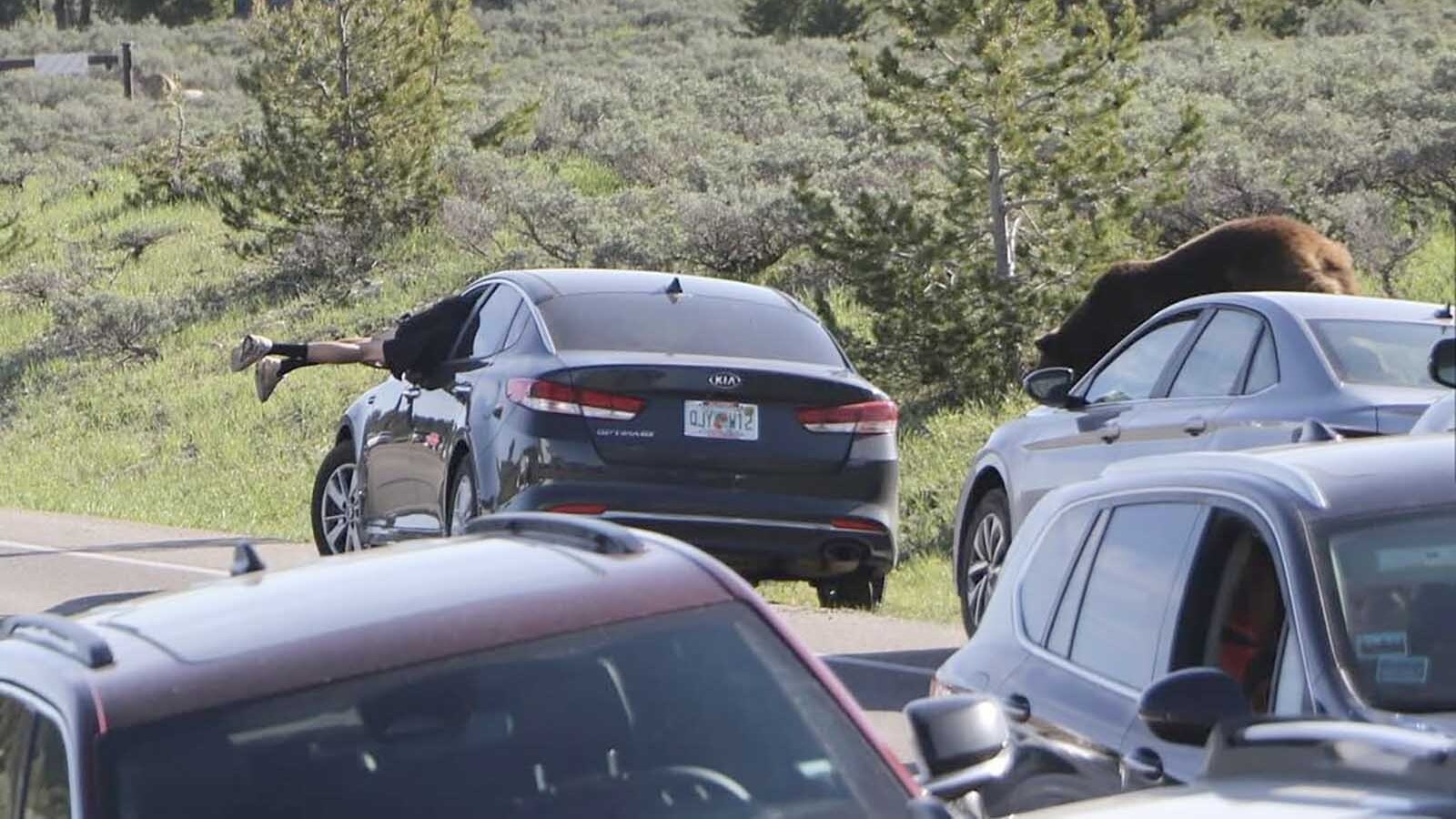For more than two years, people could trap wolves year-round on private property in Idaho.
Fearing that grizzly bears will get caught in all the wolf traps, a federal judge blocked that practice Tuesday. She also shortened Idaho’s public-lands wolf-trapping season by six weeks in grizzly habitats to align with some of the more restless grizzlies’ shorter hibernation seasons.
If Idaho’s leadership wants to restore people’s ability to trap wolves year-round on private lands and return to its longer wolf-trapping season (in grizzly habitats) of Nov. 15 through March 31, it will have to obtain an incidental take permit (ITP) from the U.S. Fish and Wildlife Service.
Idaho also has allowed trappers to buy an unlimited number of wolf tags, according to court documents in the 2021 federal lawsuit of Center For Biological Diversity v. Little, which concluded upon the magistrate judge’s Tuesday order.
“Idaho’s tacit encouragement to try to capture as many wolves as possible (has led) to a plausible inference that there are more traps and snares being set, just not wolves being caught,” wrote U.S. Magistrate Judge Candy W. Dale in an order granting early judgment of the case in favor of the conservation and environmental groups suing Idaho and its hunting agency.
Ursus Arctos Horribilis
The debate centered around an Idaho law Gov. Brad Little signed in May 2021 (which became effective two months later), allowing wolf trapping and snaring on private property year-round. That included places occupied by grizzly bears, which are classed as “threatened” under the federal Endangered Species Act.
The U.S. grizzly bear population was down to about 800 bears in the Lower 48 U.S. states in 1975 when the act was passed. Now the numbers are closer to 2,000. Idaho has about 200, court documents say.
At least one of the grizzly domains the conservationists sought to guard is shared between Wyoming, Montana and Idaho: The Greater Yellowstone Ecosystem.
Enjoyment
One of the plaintiffs, Náhkȯxho’óxeóó’ėstse-Bear Stands Last, a member of Plaintiff Global Indigenous Council, told the court that letting private landowners (and people with their permission) trap wolves year-round could cause incidental wolf take, and that would infringe his enjoyment and photography of the bears, as well as his conservation and tribal advocacy work.
He said Idaho’s trapping law would infringe his religious and spiritual freedoms.
Other plaintiffs said the wolf traps — which are smaller, and in some cases too weak to hold a bear — were not sufficient to avoid incidental take, severed toes and other injuries.
The plaintiffs relied on evidence that climate change is shortening bears’ hibernation season, Dale wrote.
Don’t Judge The Law By The Lawbreakers, Says Idaho
The plaintiffs also pointed to two 2020 incidents in northern Idaho in which one grizzly bear died in a wolf trap and the other died as a result of having been caught in a trap.
Neither of the traps were lawfully-made, however. For instance, the traps didn’t have cable stops or break-away devices.
Idaho countered, saying those bears died as a result of people violating Idaho law, not as a result of Idaho’s laws themselves. The state urged the court not to block its law.
Doesn’t Matter, Says Judge
Dale’s ruling says she finds Idaho’s argument unpersuasive.
“Although Idaho requires either a break-away device or a cable stop incorporated within the snare loop, neither of these devices reduces the chance that a recreational wolf trapper will not take a grizzly bear,” she wrote.
Her concern wasn’t merely with bears that died in the traps but bears that may be injured by the traps and escape — and trappers failing or being unaware, to report the incidents.
She said the cable stops and breakaway devices won’t necessarily prevent the bears’ capture.
Though outside the law, the two trapping errors were “persuasive evidence” that Idaho’s recreational wolf trappers are “reasonably likely” to take grizzlies even when they set their traps lawfully, Dale added.
Clair McFarland can be reached at clair@cowboystatedaily.com.

